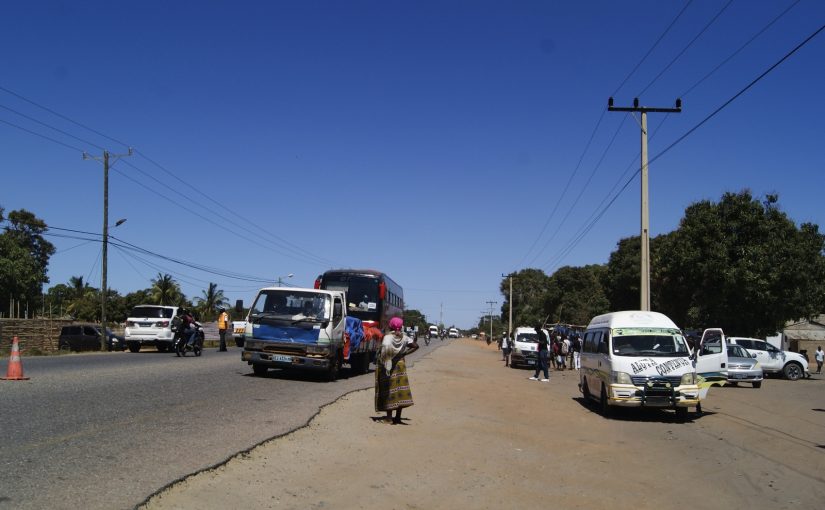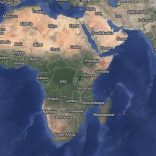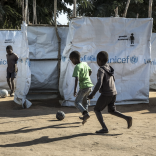Mauritius back on top of Africa’s Happiness List, Mozambique ranks 5th in 2025
Mozambique attacks: War is changing territorial and demographic order in Cabo Delgado – NGO

FILE - For illustration purposes only. [File photo: Lusa]
The non-governmental organisation (NGO) Ayuda en Accion warned on Tuesday that the war in Cabo Delgado is changing the territorial and demographic order of the province, highlighting the hypothesis that the violence is linked to “extractivist interests”.
“The war is changing the territorial and demographic order of Cabo Delgado, leading hundreds of thousands of displaced people to abandon their livelihoods,” reads a report by Ajuda en Accion.
While admitting that the causes of the conflict are diverse, the research, produced over a period of one year, considers that one cannot ignore the existing connections between the displacement of populations, economic interests and the geostrategic importance of the province, with a strong extractive potential and which serves as a legal and illegal trade route due to its privileged geographical location in the Mozambique Channel.
“It cannot be ignored that these new forms of violence, as in many other conflicts around the world, tend to be linked to extractive interests […] The ‘realpolitik’ of the struggles for control of African energy resources seems to prevail over the ideals of defending human rights, democratic government, human development and peace building that are mentioned in declarations and documents of the main international actors,” it adds.
The NGO also warns of an alleged “militarist focus” in the efforts to stop the war, in a province with a history of “slow and structural conflicts” in the last 100 years, namely the wars of colonial occupation, of liberation against the Portuguese colonial regime, the civil war and the current conflict.
“This period, of just over a century, is extraordinarily short [to allow] for processes of territorial, social and mental stabilisation to occur and be established, [processes] that make it possible to create resilient alternatives to the use of violence in conflict resolution and social stabilisation,” the NGO document reports, adding that “constant violence has weakened the individual and collective capacities of the people of Cabo Delgado”.
On the other hand, continues Ayuda en Acción, the model of humanitarian support promoted during the conflict has generated dependence among the population and authorities, who have already received millions in international support to address the humanitarian crises that have arisen.
“This humanitarian operation is generating dependence not only among the Mozambican public authorities, but also in the populations that suffer from the conflict, feeding ways of life where people are conditioned by a distributive economic model instead of models based on encouraging productivity through of the generation and use of their capabilities,” the document maintains.
Speaking to Lusa, the general director of Ajuda en Accion in Mozambique, Jesús Perez, said that the priorities now must be to guarantee security for the gradual movement of the population back to their areas of origin as a result of the stabilisation of the situation, and to ensure that populations have the capacity to produce autonomously.
“It is necessary to promote the capacities of the populations so that they can engage in different aspects of the labour market. […] We cannot forget that 80% of the population in the province is rural,” Perez concludes.
Cabo Delgado province has been facing an armed insurgency for five years with some attacks claimed by the extremist group Islamic State.
The insurgency has led to a military response since July 2021 with support from Rwanda and the Southern African Development Community (SADC), liberating districts next to gas projects, but new waves of attacks have emerged in the south of the region and in the neighbouring Nampula province.
The conflict has already displaced one million people, according to the United Nations, and killed around 4,000, according to the ACLED conflict registration project.












Leave a Reply
Be the First to Comment!
You must be logged in to post a comment.
You must be logged in to post a comment.